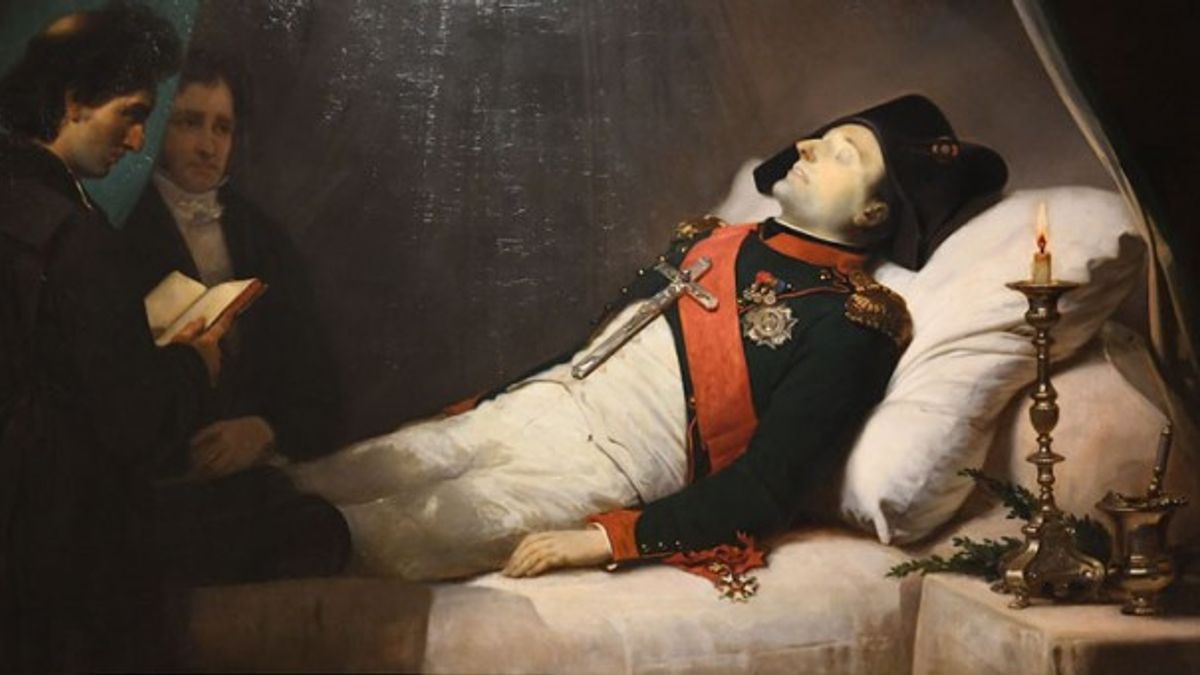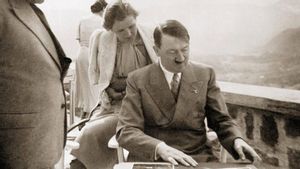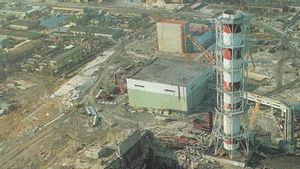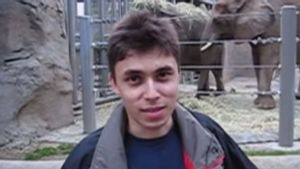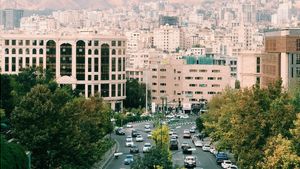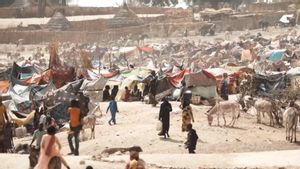JAKARTA - On May 5, 1821, the former ruler of France, Napoleon Bonaparte died. Napoleon Bonaparte died as a British prisoner on the remote island of Saint Helena, in the southern Atlantic Ocean. Napoleon Bonaparte presided over the French Empire that spanned Europe.
Napoleon began to suffer the first significant defeat of his military career in 1812. He suffered defeat through a devastating invasion of Russia. Napoleon then lost Spain to Wellington in the Peninsular War. He also suffered a complete defeat against the allied forces in 1814.
Exiled to Elba Island, Napoleon then fled to France in early 1815 and raised a new Grand Army which enjoyed temporary success before his crushing defeat at Waterloo. There, on 18 June 1815, they were conquered by allied forces under Wellington's command.
Napoleon Bonaparte's death
As a result of his various defeats, Napoleon was then exiled to Saint Helena Island. Six years later, Napoleon died, precisely on May 5, 1821, at 17:49 p.m.
The autopsy was performed on May 6, 1821, and it is known that Napoleon died of stomach cancer. Even so, Napoleon's death is still a mystery, with various myths surrounding it.
Some conspiracies claim that Napoleon was slowly poisoned with arsenic, which may have been mixed into his wine or food. The researchers finally conducted various studies to determine the cause of Napoleon's death.
In 2007, researchers concluded Napoleon Bonaparte's death after referencing old descriptions with modern pictures of 50 healthy and 50 cancerous stomachs. The researchers reached their conclusions.
"It was a very large mass from the entrance of the stomach to the exit", said Robert Genta, a professor of pathology and internal medicine at the University of Texas, in a statement, cited from National Geographic.
Researchers looked at files gathered about Napoleon's death, autopsy, burial, his death mask, and related images and artifacts. Genta said Napoleon's lesions indicate chronic infection by Helicobacter pylori, a bacteria that can cause stomach ulcers and increase the chance of stomach cancer.
An 18th-century warrior's diet, lacking fresh meat, fruit, or vegetables, may have increased that risk even further, Genta added. Napoleonic historian Connelly agrees food may have played a role.
"Diets weren't very good in those days. They ate pretty much whatever tasted good", Connelly said.
Even so, he said Napoleon's diet was better than average. At the military campaign, Connelly said, "I think he had a lot more fresh food than a regular soldier. His men will come out and get fresh chicken and whatever for him".
Apart from that, Napoleon was also known not to be greedy. Connelly said whatever the cause of Napoleon's cancer, his enemies didn't have to worry about his return to power.
"Even if he was treated today, he would be dead within a year", said Genta.
Who is Napoleon Bonaparte?
Napoleon was born in Corsica. He is one of the greatest military strategists in history. Napoleon's name quickly rose to the ranks of the French Revolutionary Army during the late 1790s.
In 1799, France went to war with most of Europe. And Napoleon returned from Egypt to take over French rule and save his people from destruction.
After becoming First Consul in February 1800, Napoleon regrouped and defeated Austria. In 1802, he enacted the Napoleonic Act, a new French legal system.
In 1804, Napoleon was crowned emperor of France at Notre Dame Cathedral. In 1807, Napoleon took control of an empire that stretched from the Elbe River to the north, down through Italy in the south, and from the Pyrenees to the Dalmatian Coast.
*Read other information about WORLD HISTORY or read other interesting writings from Putri Ainur Islam.
Others on MEMORY
SEE ALSO:
The English, Chinese, Japanese, Arabic, and French versions are automatically generated by the AI. So there may still be inaccuracies in translating, please always see Indonesian as our main language. (system supported by DigitalSiber.id)
